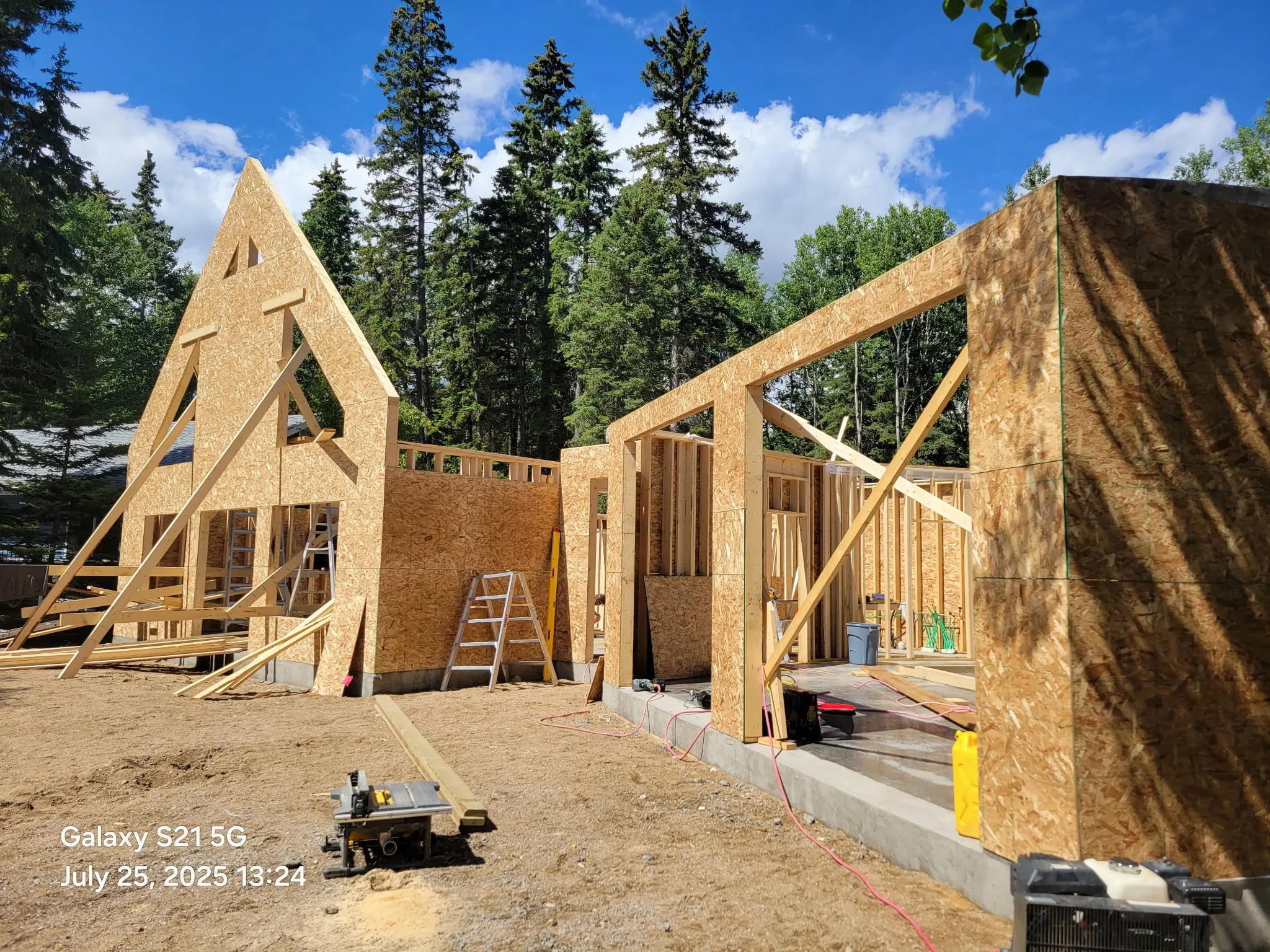Critical Planning Mistakes That Cost Developers Millions
After working with dozens of developers across Western Canada, we've identified the three most common mistakes that lead to project delays, budget overruns, and missed opportunities in rural housing development.
Mistake #1: Underestimating Infrastructure Requirements
The Problem:
Many developers focus on the housing units themselves without properly accounting for rural infrastructure needs: utilities, road access, septic systems, and internet connectivity.
The Cost:
- Budget overruns of 25-40% on average
- Project delays of 6-12 months
- Regulatory complications and permit rejections
The Solution:
Partner with modular providers who understand rural development. Discovery Homes includes infrastructure planning as part of our development consultation process.
Mistake #2: Ignoring Local Market Demand
The Problem:
Developers often apply urban housing models to rural markets without understanding local preferences, income levels, and cultural considerations.
The Cost:
- Slower sales and longer inventory holding periods
- Price reductions to move unsold units
- Damaged developer reputation in the community
The Solution:
Conduct thorough market research including:
- Local income and employment data
- Housing preference surveys
- Cultural and community consultations
- Competitor analysis and pricing studies
Mistake #3: Poor Timeline Management
The Problem:
Traditional construction timelines don't account for rural challenges: weather delays, material delivery logistics, and limited local workforce availability.
The Cost:
- Carrying costs that erode project profitability
- Frustrated buyers who may walk away
- Seasonal construction limitations
The Solution:
Modular construction dramatically reduces these risks:
- Factory construction continues regardless of weather
- Predictable delivery schedules
- Faster site preparation and installation
- Year-round construction capability
Keys to Successful Rural Development
Successful rural housing projects share several common characteristics:
Essential Success Factors:
- Early Infrastructure Planning: Complete utilities and site preparation before modular delivery
- Community Engagement: Local consultation leads to design modifications that improve market acceptance
- Modular Construction Advantages: Weather-independent construction and predictable timelines
- Thorough Market Research: Understanding local preferences and income levels
- Experienced Partners: Working with builders familiar with rural development challenges
Typical Project Outcomes
Well-planned rural modular developments typically achieve:
- Timeline: 6-10 months from groundbreaking to occupancy
- Budget Performance: 5-10% under budget due to predictable costs
- Quality: Consistent, high-quality construction throughout
- Market Response: Strong sales due to modern amenities and energy efficiency
Your Development Success Checklist
Before breaking ground on your next rural project:
- Complete comprehensive infrastructure assessment
- Conduct local market demand analysis
- Consider modular construction advantages
- Engage community stakeholders early
- Plan for rural logistics and weather challenges
- Partner with experienced rural housing providers
Developer Planning Checklist
Download our essential planning checklist that helps developers avoid costly mistakes and ensure project success.
